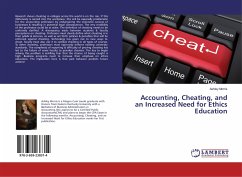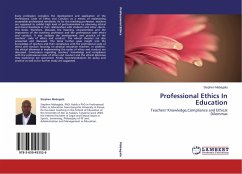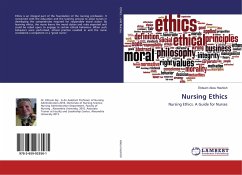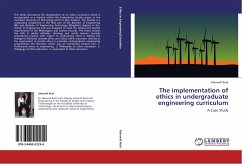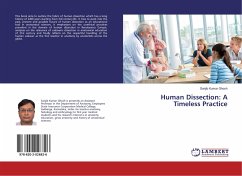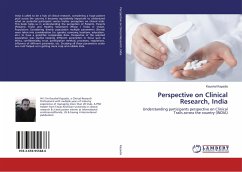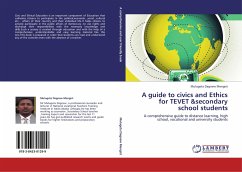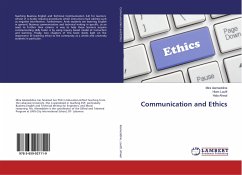Research shows cheating in colleges across the world is on the rise. If this dishonesty is carried into the workplace, this will be especially problematic for the accounting profession by endangering the economic success of businesses & resulting in potential legal consequences. The very credibility of the profession could be at stake. The definition of cheating needs to be uniformly clarified. A discrepancy exists between students & faculty perceptions on cheating. Professors must clearly define what cheating is in their syllabi & lectures, as well as set forth policies & penalties that will be enforced against cheating. Technology has given rise to new ways to cheat, faculty must also use it to combat cheating in all types of courses. To deter cheating, professors must rigorously enforce existing university standards. The complexity of reporting & difficulty of proving cheating has led to the failure of some faculty to penalize cheaters. The key to begin solving this problem isinstilling fear that the chance of being caught is high. Business programs need to increase their emphasis on ethics education. The implication here is that past behavior predicts future actions!
Bitte wählen Sie Ihr Anliegen aus.
Rechnungen
Retourenschein anfordern
Bestellstatus
Storno

